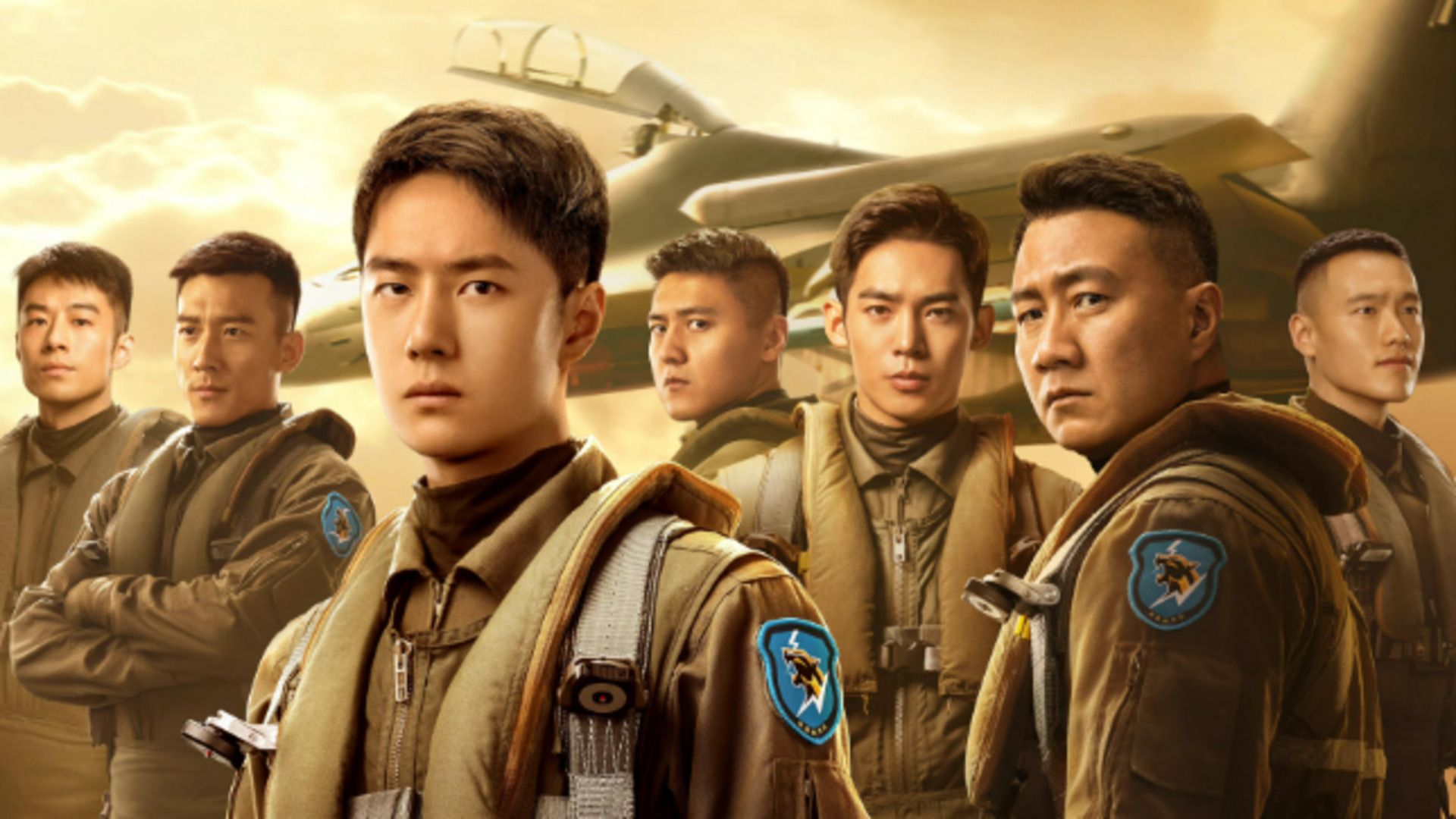
Scheduled for release in fall 2022, it was abruptly delayed, prompting many to wonder if the Tom Cruise-helmed sequel might have pushed back the film Top Gun: Maverick, premiering in spring 2022. Born to Fly made it to screens eleven months after Cruise’s hit, with very little information provided about why it was shoved out its original launch window.
The truth is more mundane; the established position, being the pro-war film, was probably delayed by adding more CGI and voiceovers. Overlooked is the odd fact that both of these films are linked to a single huge financier, and Born to Fly could have been sacrificed. The underlying rationale for this film entering production is straightforward, to recreate the enthusiasm of the 1986 film Top Gun in China and spur adrenaline junkies and aspiring young pilots to join the ranks.
Deciphering why it was shelved and who made the decision is less clear, caught up in a storm of international financing, media conglomerates, costume designers, politicians, and state censors. The mystery of the Chinese Top Gun knock-off deepens with each revelation.
“Normalizing War” or Mindless Fun?

“Such films are shown to students, party members and government workers nationwide, alongside commercial screenings. “Born to Fly” is the highest-profile flick of this type to normalise the notion that the present-day PLA’s mission is to fight and kill Americans.”
Top Gun depended on the US Defense Department for locations, advisors, and access to certain equipment to dramatize the Navy Fighter Weapons School. Government liaisons from the Pentagon gave the writers pointers on what to fix and how to make it more authentic, and also provided ultimatums to ensure that the film didn’t besmirch the United States Navy or their flyboys. This is part and parcel of war cinema. Born to Fly doesn’t normalize war any more than Red Dawn did.
The Blockbuster That Went Missing in Action

Designed as China’s answer to Top Gun, with actor Wang Yibo standing in for Cruise and the J-20 fighter replacing the F-14, Born to Fly was supposed to coincide with the September 30th national holiday, Martyrs’ Day, the date to honor veterans. The film highlights the need for a younger generation of Chinese to enlist, emphasizing technology’s role in defending the country from emerging threats. Two of the main stars are pop singers, with veteran actor Hu Jun in a supporting role, the film doing its best to build buzz.
In limbo for seven months, it did not arrive until April 2023. It even had some IMAX theater screenings, pulling down a $44 million opening weekend, per Variety. As niche as the subject material was, it trickled into Western theaters. Was it a hit? Clearly not, the $117 million total gross leaves little wiggle room to cover the budget and marketing. However, trying to find solid data for Chinese films is difficult, especially considering that marketing is not as necessary for a propaganda film that is legally required to be screened in theaters in China.
The Tangled Web of Tencent

The most obvious explanation at the time laid the blame on Top Gun co-producer and Chinese tech conglomerate Tencent. Born to Fly was presumably buried avoid interfering with Tencent’s more prestigious project. Tencent, at one moment, had dumped millions into Skydance, the producers of Joseph Kosinski’s Top Gun: Maverick.
In yet another twist, Top Gun: Maverick never got the green light in China, making the situation even messier and convoluted. The Tencent theory fell apart as Tencent quietly divested itself of any financial participation in the Top Gun sequel before launch, possibly out of fear of reprisals by the Chinese government, leaving Skydance CEO and founder David Ellison to shoulder the burden.
The shift is evident in protagonist Pete Mitchell’s signature leather flight jacket. Two of the patches on the attire of the lead character prominently featured Japanese and Taiwanese flags, symbols forbidden or strongly discouraged in China. Rather than avoiding Top Gun, it makes much more sense that Born to Fly was rushed into production to compete, intended specifically to fill the gap in theaters and offer a counter-narrative that showcases China’s supremacy. They just didn’t have enough time.





